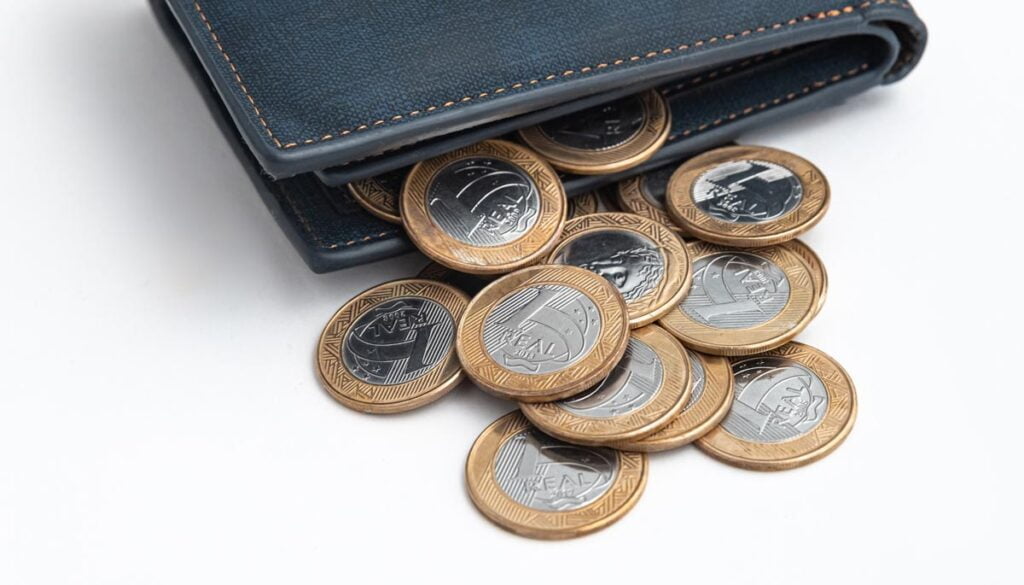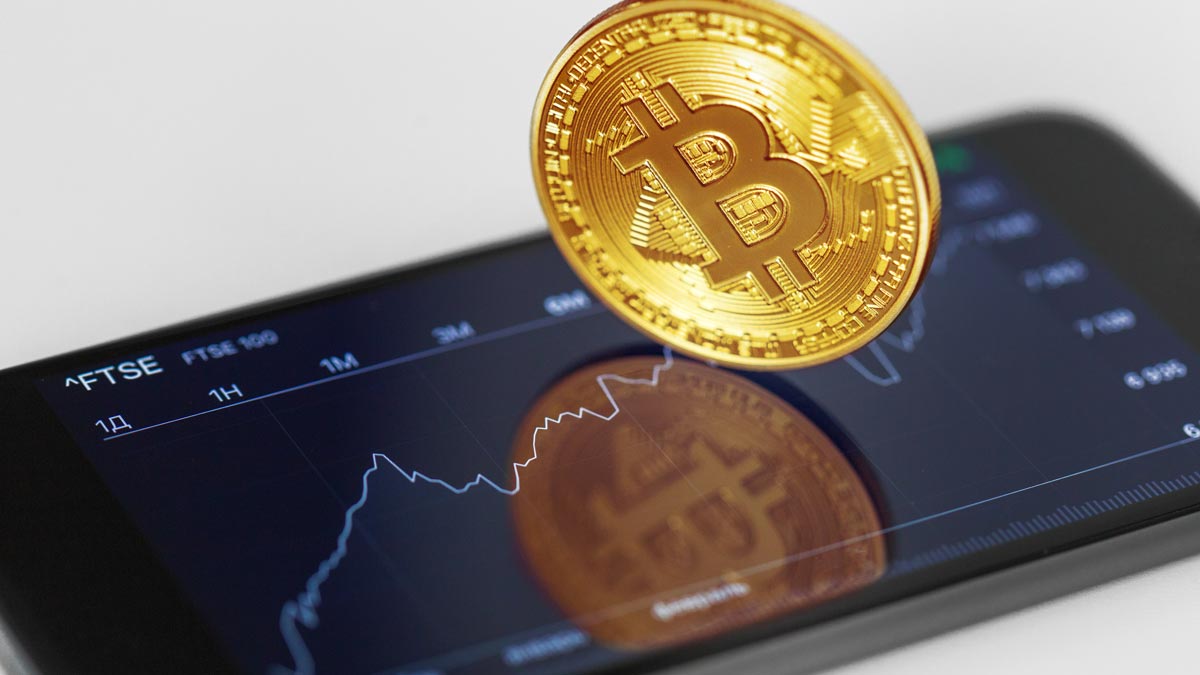The cryptocurrency market has grown exponentially since the creation of Bitcoin in 2008, with countless cryptocurrency options available worldwide, some more profitable than others. Brazil has not been left behind in this trend, with several companies working on initiatives to develop Brazilian cryptocurrencies for different purposes and applications.
Brazilian Digital Token (BRZ)
BRZ is the first and largest Brazilian cryptocurrency in circulation, being classified as a stablecoin, a stable currency, due to its lower price volatility. With BRZ, it is possible to access national and international platforms directly, with assets handled in Brazilian real, the local currency.
The Brazilian digital currency BRZ is multi-chain, that is, compatible with several blockchains, namely: Ethereum, Solana, Stellar, Algorand, Binance Smart Chain, RSK Network, Polygon and Avalanche. It was developed as an ERC-20 token, following a specific set of rules and criteria related to transferring between accounts, balance checking and access to user data in general.
Coffee Coin (COFBR)
Created in July 2021 by an agribusiness cooperative called Minasul, Coffee Coin is our next Brazilian cryptocurrency on the list. Coffee Coin came with the aim of ensuring transparency in transactions and traceability between producers and buyers related to coffee production.
Like BRZ, Coffee Coin is a stablecoin type, offering lower price volatility as it is linked to a reserve asset such as coffee. With it, it is possible to buy fertilizers, machines and other agricultural products.
Bitblocks (BBK)
Bitblocks is a cryptocurrency created by a company of the same name, the digital currency calls itself the daughter of Bitcoin, as its characteristics are improvements and changes related to the functioning of Bitcoin. The core idea behind Bitblocks and the company’s services is to revolutionize people’s lives, not just technology.
The virtual currency, together with the BBKPAY system, speeds up the payment of bank slips, transfers and even top-ups of mobile credit for its users.
An important characteristic of this Brazilian cryptocurrency is that the value of a BBK does not vary according to the market, but according to the company’s service offering. If the financial services offered by the company are on the rise and the company is able to deliver value to users, the virtual currency becomes more valued. The same happens if the services are negative or if the company suffers a scandal.
B2U Coin (B2U)
B2U Coin is another Brazilian digital currency and promises to facilitate and contribute to practicality in Brazilian daily life. B2U offers the possibility of discounts on the largest exchanges in the market and payments for bank slips, bills and mobile recharges, in addition to buying credits for applications such as Uber and iFood.
B2U Coin also allows the user to recharge their debit card through B2U Bank and carry out instant transfers without fees, both for purchases online and in physical stores, through B2U Pay.
Another advantage is the possibility of mining cryptocurrency directly from your cell phone or computer and the opportunity to buy and sell other cryptocurrencies without paying fees through B2U Dex.
Hathor Coin (HDR)
Hathor Coin emerged in 2021 and is a Brazilian cryptocurrency created to carry out transactions on the Hathor platform. Hathor Network was born with the mission of simplifying the blockchain, the company believes that it is possible to do more with less. The Hathor coin gained greater visibility after being listed on a more visible exchange, KuCoin, which made its value increase exponentially.
Read more about Bitcoin:
- Learn how to withdraw money on Binance
- What are Bitcoin wallets and how to create them?
- Find out some of the most promising cryptocurrencies in 2023
Digital Real

Our next item on the list is a curiosity about the Brazilian market, cryptocurrencies were so successful that they did not fail to draw the attention of the government. We know that the central idea of a digital currency, until the present moment, is precisely the decentralization and absence of government interference in the investor’s day-to-day transactions.
However, the Central Bank of Brazil recently announced its plans to launch the digital Real currency. The new currency will be a CBDC (Central Bank Digital Currency), and will have the same value as traditional money, the main difference between digital currency and physical money is that the digital real cannot be converted into banknotes.
The digital Real can be used for payments, purchases, transactions and investments. Its distribution will be through banks, financial institutions and other participants in current payment systems.
An advantage of the new currency is that it can be used anywhere in the world without the need for conversion through banks and will reduce the issuance of paper money.
Despite the advantages, the digital currency cannot be considered a cryptocurrency as it is not a private currency and is regulated by the Central Bank.
Coin Market
In addition to Brazilian coins, we also have coins in Latin America. Mercado Coin is an example, it is the digital currency of Mercado Livre and was developed with the aim of democratizing the digital economy in Latin America.
Like BRZ, Mercado Coin was also developed under the Ethereum ERC-20 protocol, which contributes to greater transparency regarding the security and validation of transactions carried out by investors.
One of the biggest advantages of using Mercado Livre’s digital currency is the cashback return within the platform.
Mercado Livre also claims to use advanced cryptography and blockchain monitoring systems to keep track of all transactions carried out with the currency.
After all, is it worth investing in Brazilian cryptocurrencies?
The answer is: It depends. As with any investment, a thorough analysis of the asset and good market knowledge is required. Investments in Brazilian cryptocurrencies are the same as investments on a global scale, they have precautions to be taken and prominent risks due to market volatility.
Translation by Laura Bonci






